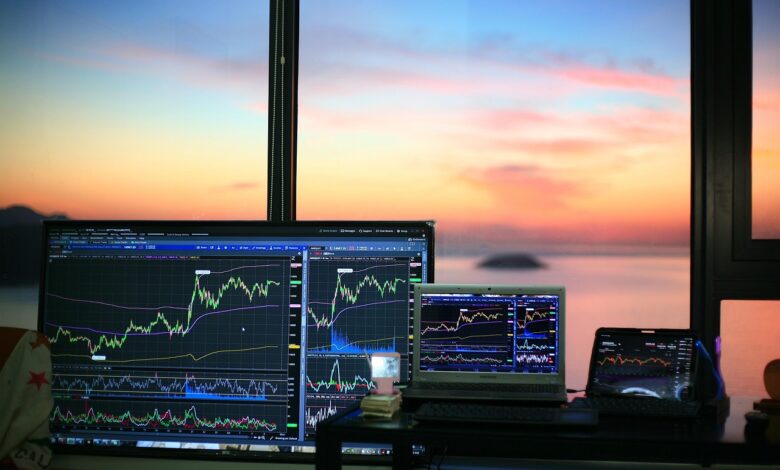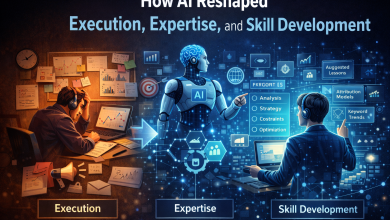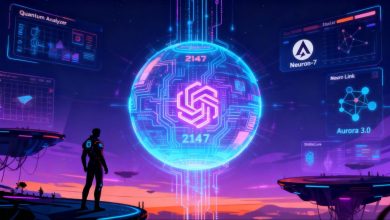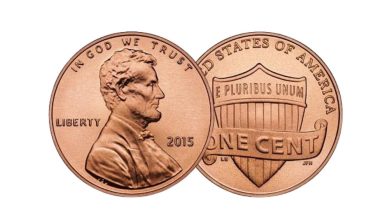
When Bitcoin launched in 2009, it was a radical experiment in decentralised finance, spurred by the 2008 financial crisis. Fast forward 16 years and what began as a single cryptocurrency has evolved into a complex ecosystem with thousands of new tokens launched monthly across blockchains like Ethereum, Solana and Base.
While the value of Bitcoin has soared from near zero to over $100,000 USD by early 2025, the broader crypto market remains challenging for most investors. Manually tracking market trends, identifying promising tokens and timing trades is increasingly difficult.
Human brains and fingers can no longer keep up – but AI can.
Token explosion
Newcomers to cryptocurrency often gravitate toward established coins like Bitcoin or Ethereum, perceived as safer bets in a market rife with volatility and scams. However, these high-value tokens offer limited growth potential compared to altcoins (cryptocurrencies other than Bitcoin) or newly launched tokens, known as token pairs. These smaller projects can yield significant returns but come with high risks and complexity.
The sheer volume of new tokens creates a chaotic market. Many fail quickly and data suggests the majority of tokens launched on platforms like Solana’s Pump.fun don’t achieve sustained success.
Altcoins often introduce unique features, such as high-speed transactions or enhanced privacy, enabled by smart contracts on blockchains like Ethereum and Solana. Creating tokens has become easier, requiring minimal resources, which fuels both innovation and risk.
Memecoins – tokens inspired by internet culture and driven by social media hype – have surged in popularity. Dogecoin, launched as a parody in 2013, became a major cryptocurrency with a cult-like following. Yet, for every success, countless tokens fail, often due to market saturation or scams like rug pulls, where creators abandon projects after attracting investment.
For example, tokens like Froggy Coin (FROGGY) and Hawk Tuah (HAWK) have been cited in discussions of rug pulls, where promoters hyped the tokens on social media before exiting, leaving investors with significant losses.
Risks of manual trading
Manually identifying promising tokens is a daunting task. Traders must monitor social media platforms like X, Reddit and Telegram, track decentralised exchange (DEX) listings on platforms like Uniswap or Raydium, and analyze on-chain data, such as whale wallet activity. The crypto market moves rapidly, with tokens gaining or losing value in hours, making real-time decision-making critical. For example, Shiba Inu (SHIB) surged in 2021, rewarding early investors, but those relying on manual methods often missed the window.
Emotional biases further complicate trading. Fear of missing out (FOMO) drives impulsive buys at market peaks, while fear, uncertainty, and doubt (FUD) can deter investment in promising projects. These human tendencies often lead to poor decisions, such as buying high and selling low.
Breaking down barriers with AI
AI-powered trading platforms aim to address these challenges by automating token discovery, analysis and execution. By processing vast datasets, including social media sentiment, on-chain analytics, DEX listings and whale activity, AI can identify high-potential tokens and flag potential scams. Automated trading removes emotional biases, enabling faster, data-driven decisions.
While AI tools can’t eliminate risk, they aim to level the playing field, giving retail investors access to opportunities once dominated by experienced traders.
Why crypto matters
I believe the UK is at a critical point where many people are financially unprepared for retirement and/or lack trust in traditional finance. House prices are stagnating and interest rates fluctuate. Simple things like savings or a better work/life balance feel like a pipe dream. People are ready to do things differently.
While not a guaranteed solution, cryptocurrencies offer potential for diversification and innovation. However, the market’s volatility and scam prevalence mean investors must approach it cautiously, using reliable tools and thorough research.
Choose your tech wisely
When selecting an AI-powered trading platform, consider these features:
- Multi-source data integration – Platforms should analyse diverse data, including social media, on-chain metrics and DEX activity to identify opportunities.
- Real-time processing – The ability to act on market signals instantly is critical in a fast-moving market.
- Security – Look for platforms with robust security measures, such as partnerships with trusted providers or features like two-factor authentication.
- Emotion-free execution – Automation reduces the impact of FOMO and FUD.
- Transparency – Platforms should clearly explain their data sources and signal generation processes.
A smarter future
The speed and complexity of the crypto market demands smarter tools. AI-driven platforms can help investors navigate the noise, avoid scams and seize opportunities, whether they’re investing thousands or just a small amount. By combining data, automation, and security, these tools aim to make crypto trading more accessible and less daunting.





